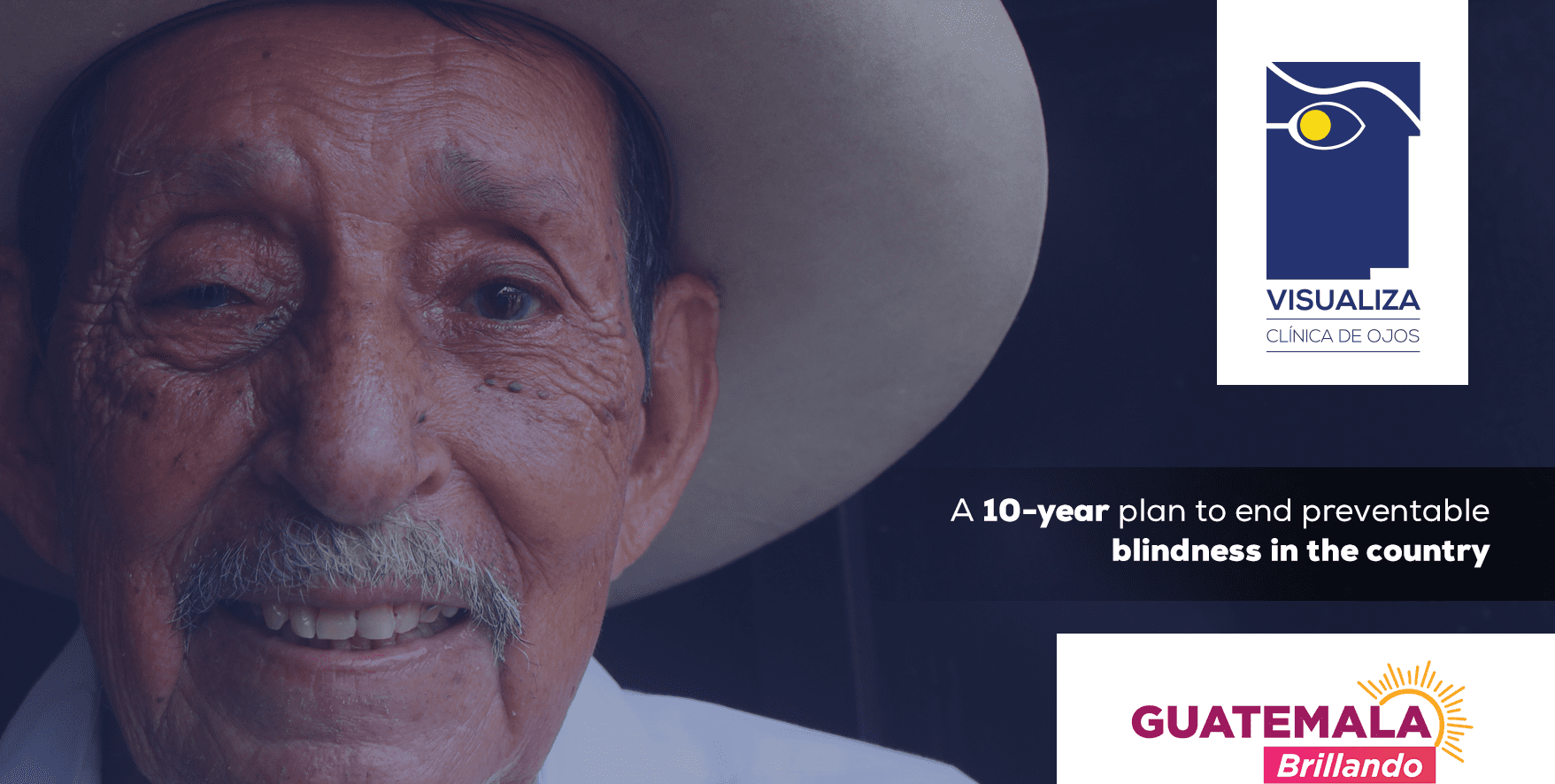
The problem:
Today, almost 650,000 Guatemalans suffer vision loss from treatable conditions. However, more severe visual impairment can be resolved with a 10-minute operation for cataract – or a pair of glasses for other conditions. Existing service networks are not efficient enough to meet the demand. Travel to distant cities is an insurmountable barrier for people in rural areas.
In our developing country, suffering from blindness or visual impairment is effectively a lifetime sentence, limiting the work and activities that are an important part of potential contributions at the national and personal levels. A loss of sight for one can trigger an economic crisis for the family.
Our Solution:
Committed to our country, we want to achieve our goal of making visual health an accessible service for people with limited resources. Improve and preserve eyesight for Guatemalans suffering from cataracts, glaucoma, diabetic retinopathy, and other increasingly common conditions, restoring their dignity and independence. The impact on their families and communities will be multi-fold as they become able to study, work and lift themselves out of poverty.

To make it happen,
we want to put our plan into action:

1. Establish five new hospitals and 30 vision centers, bringing primary eye care to rural areas and other areas that are currently severely underserved.

2.Train providers in high-volume methodsthat optimize eye care delivery, including the employment of trained paraprofessionals in assistive roles to dramatically increase the productivity of ophthalmologists.

3.Build the local supply chain for affordable eyewear and supplies.

4.Deploy intensive outreach/ marketing. Greater awareness and confidence will create the demand needed for a sustainable, high-volume system.

5.Introduce emerging technology. An agile, adaptive data practice is a core design element that will accelerate and demonstrate impact through real-time field data access.
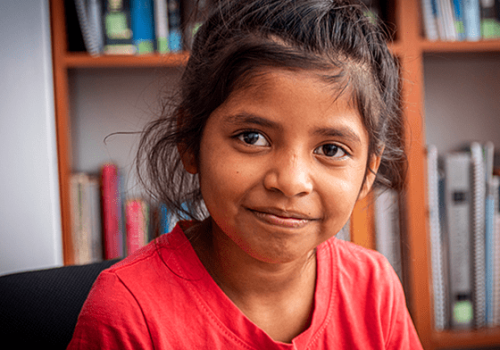
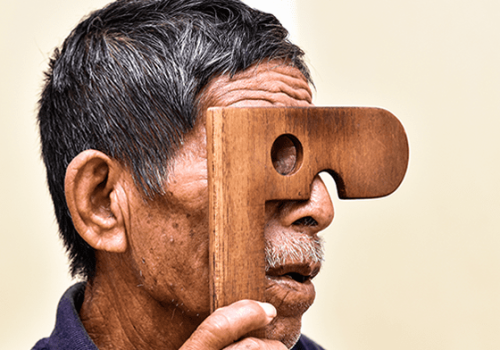
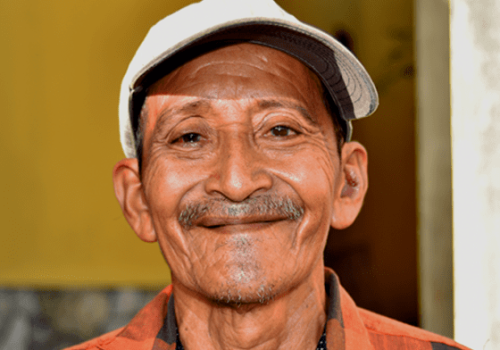
Through the Global Sight Initiative (GSI) a collective effort that expands sustainable eye care services around the world. Where eight mentoring institutions participate. Visualiza is part of this initiative and has served as a mentor to five apprentice hospitals in Latin America. The Global Sight Initiative (GSI) composed of international NGOs, mentor institutions and mentee hospitals, where each member plays a pivotal role in reaching our shared goal of eliminating preventable and curable blindness. One distinctive feature of GSI is the use of trained technicians. This frees ophthalmologists to focus on surgeries and other complex procedures. Expanded efficiency and productivity will build capacity and meet the need in Guatemala.
Together with our international donors SEVA and Vision for the Poor (VFP) we will be prepared to eliminate preventable blindness in Guatemala within ten years. The plan we created will equip us to scale our evidence-based Global Sight Initiative (GSI) throughout Latin America.
Our international donors
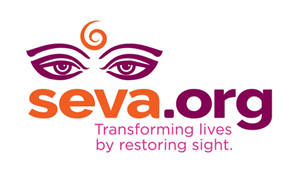
Seva has supported Visualiza since 2006. Seva is a global nonprofit eye care organization that works with local communities around the world to develop self-sufficient programs that preserve and restore sight.
Seva provides direct support for Vizualiza’s clinical services and school screenings that help reduce avoidable blindness in Guatemala and restore sight to some of the country’s most vulnerable populations, including women and children in rural communities.

Vision for the Poor is an eye care network that has the support of a few international non-governmental partners, its main objective is to serve the poorest and most vulnerable areas of the country, where national public health coverage doesn’t have ophthalmology services.
For 25 years, Vision for the Poor has helped expand our reach to provide our eye health services to low-income people engaged in the development of our plan: Guatemala Brillando.
